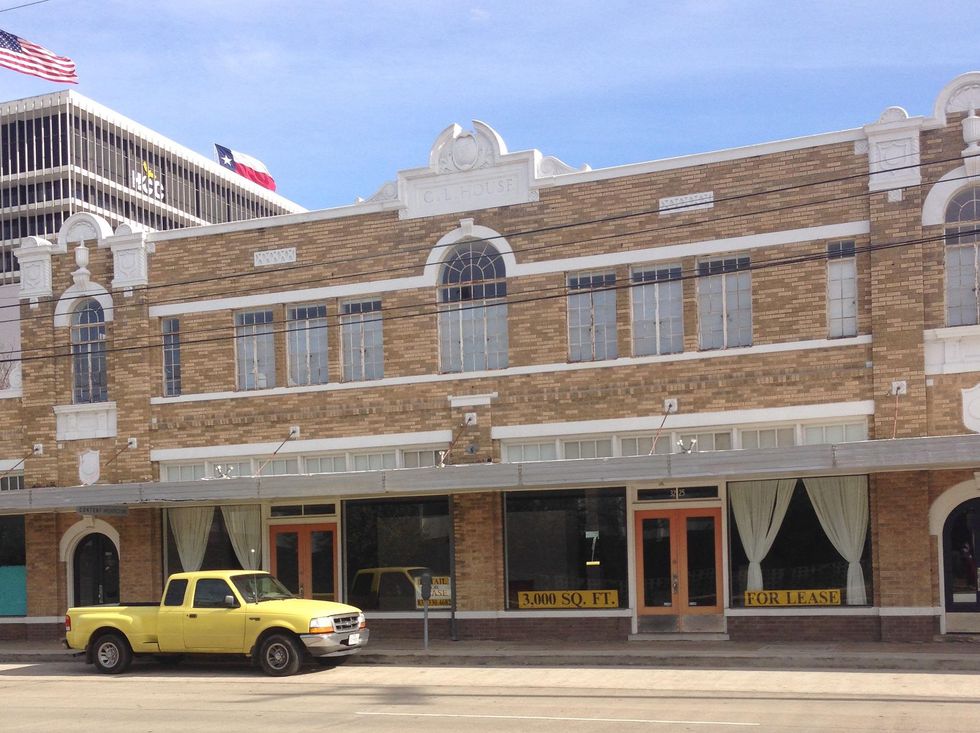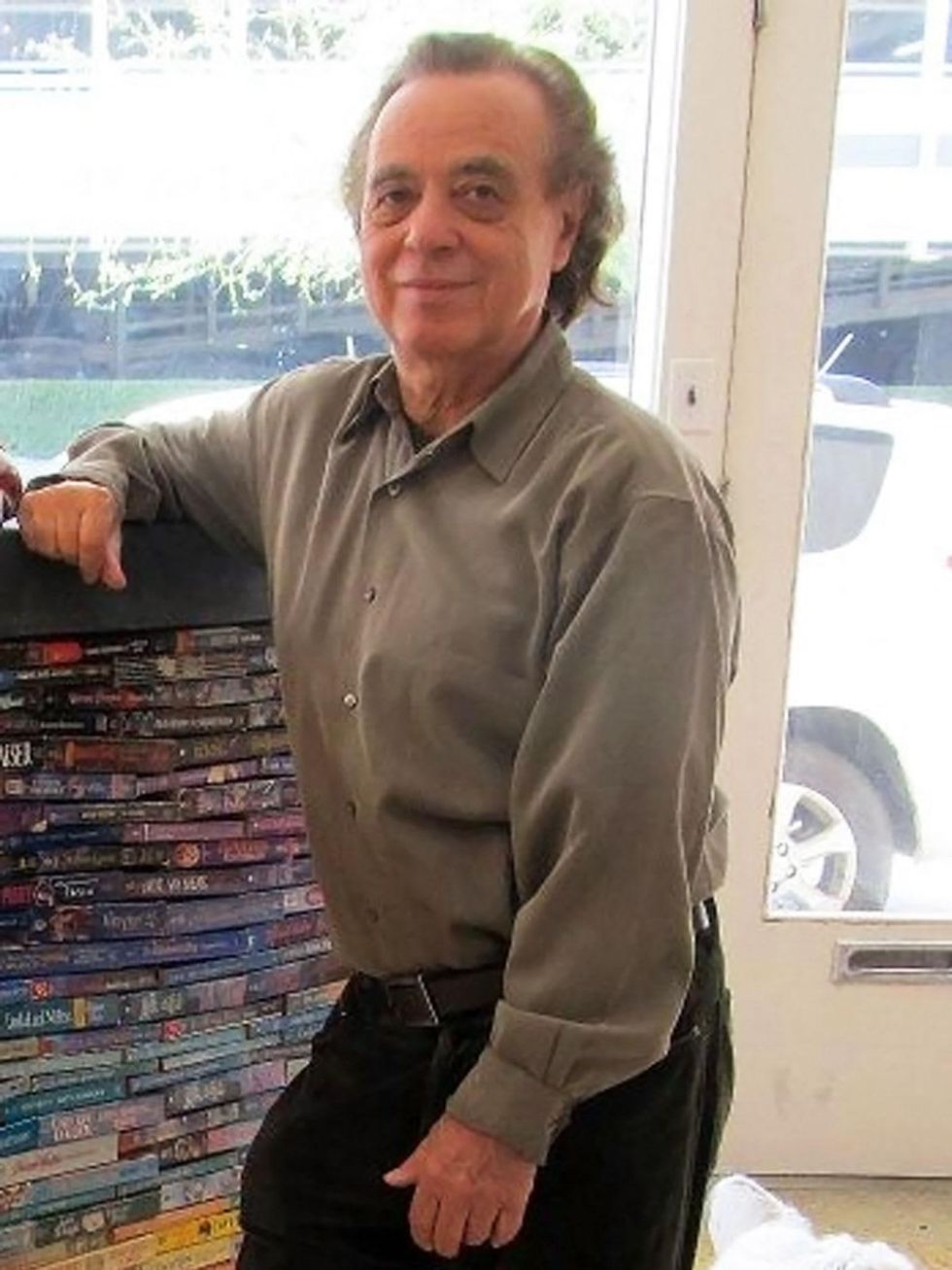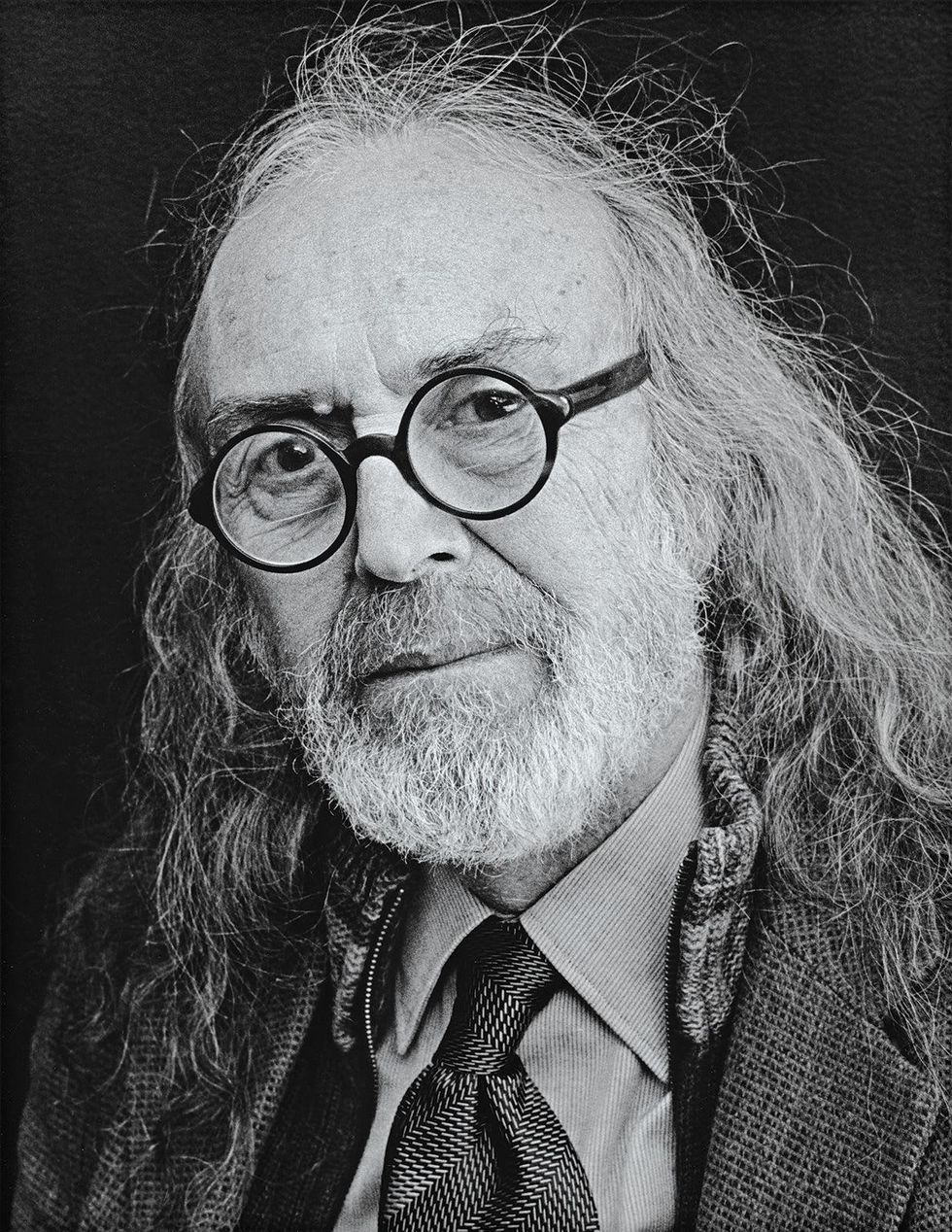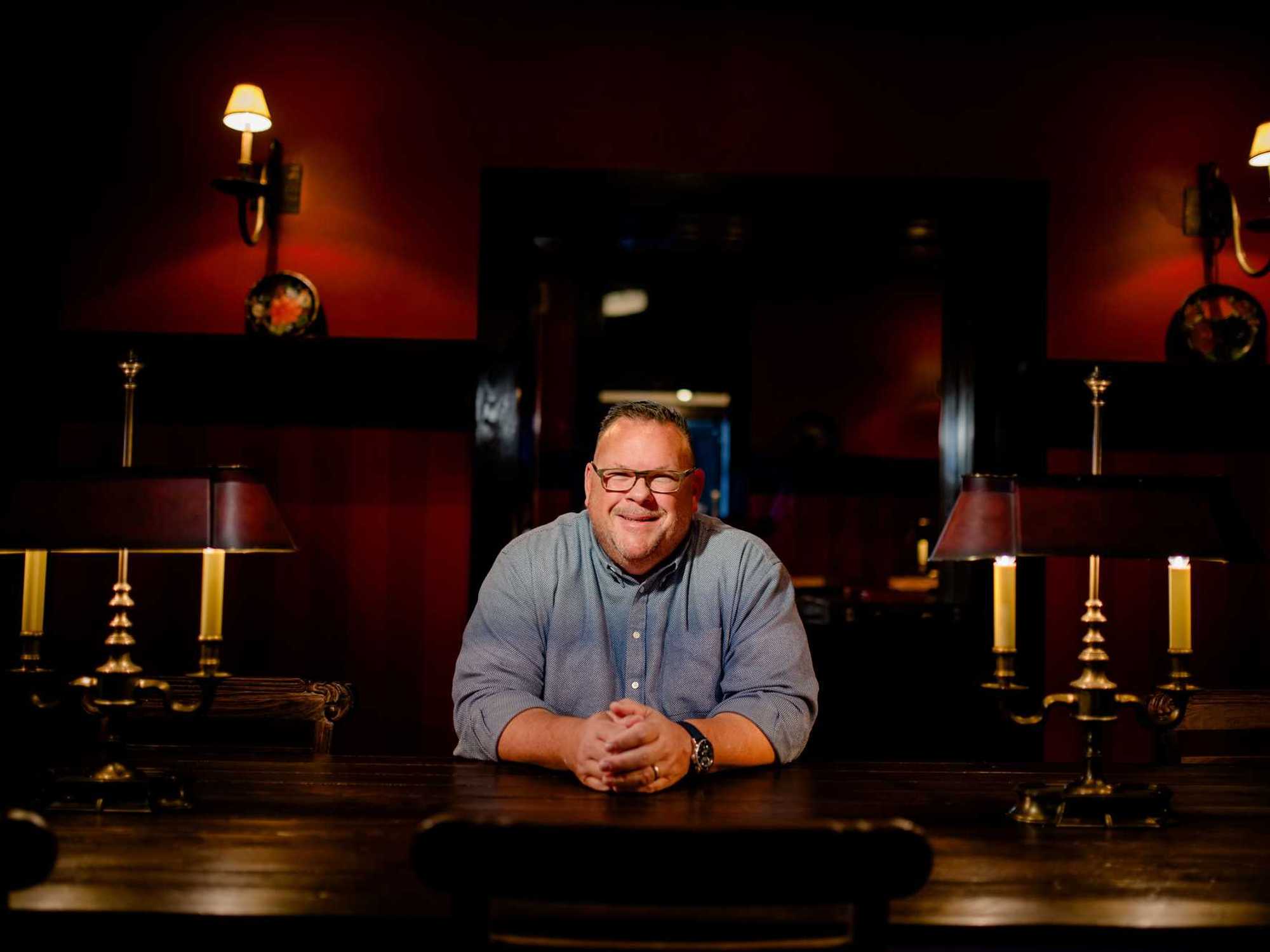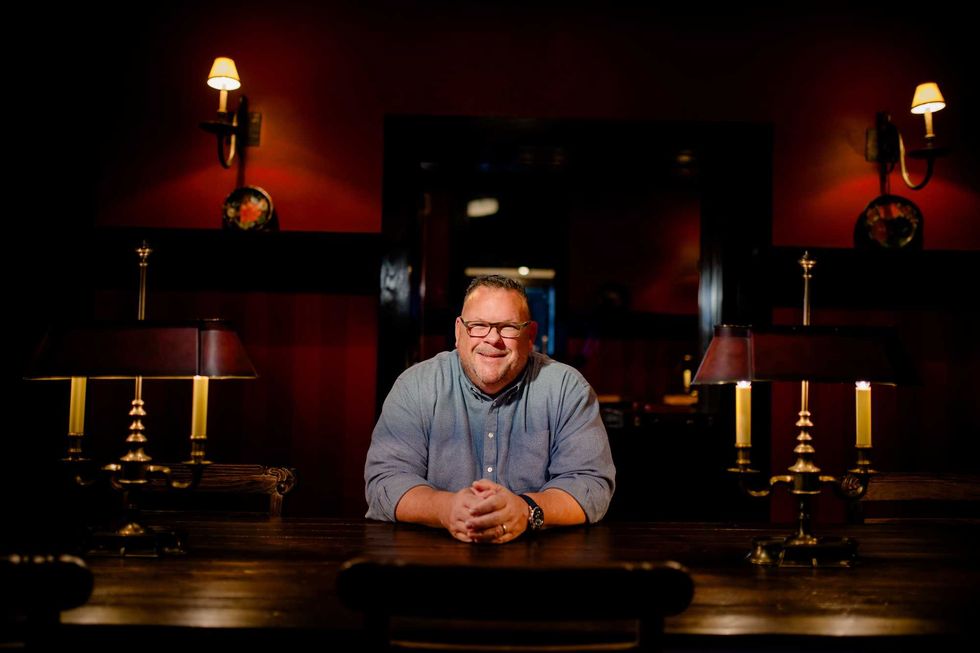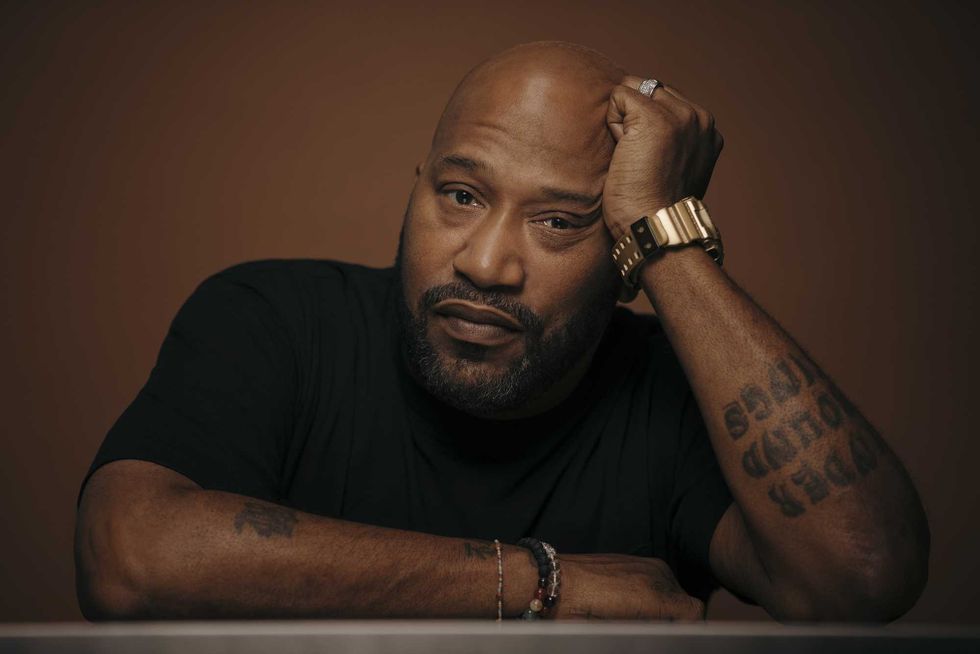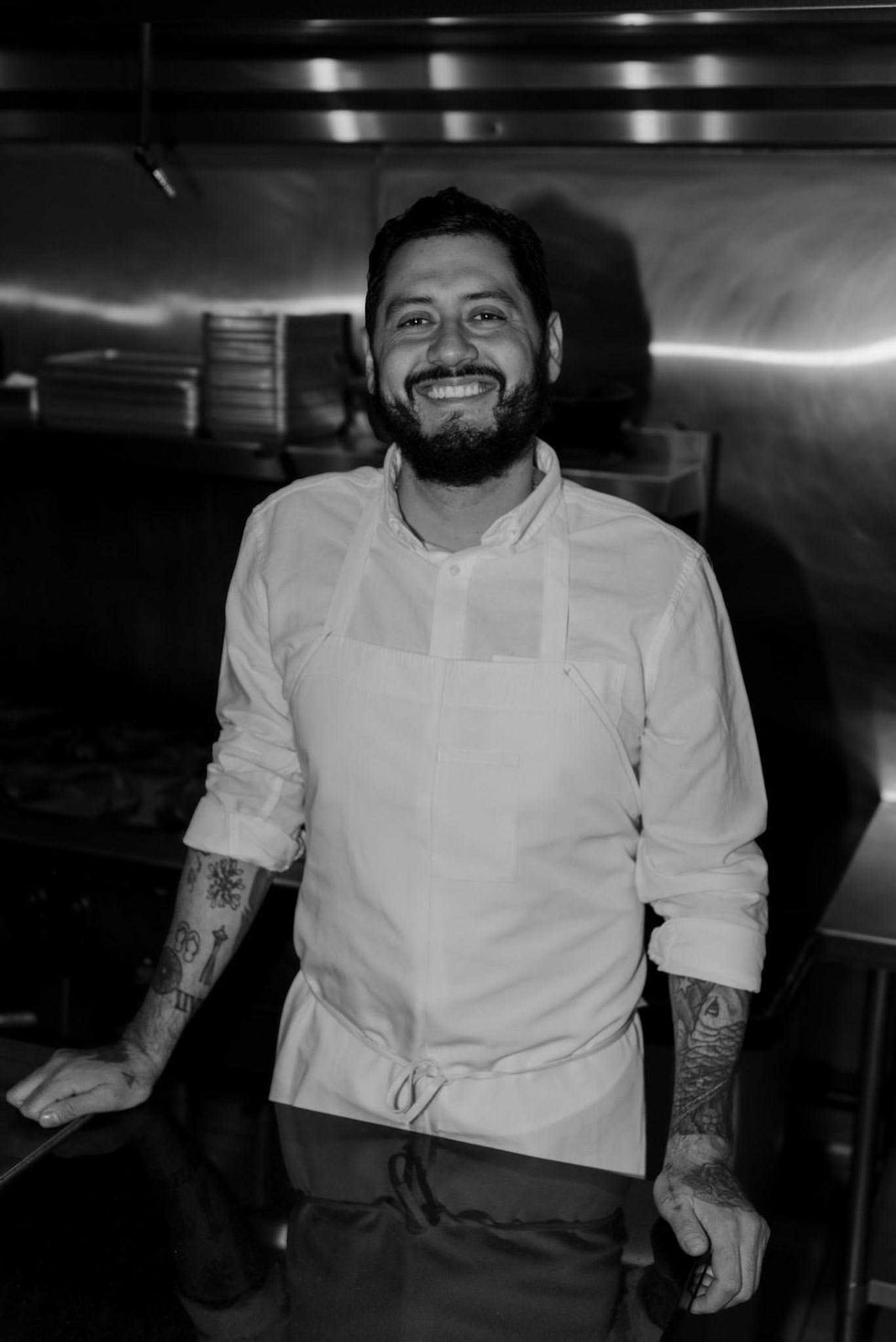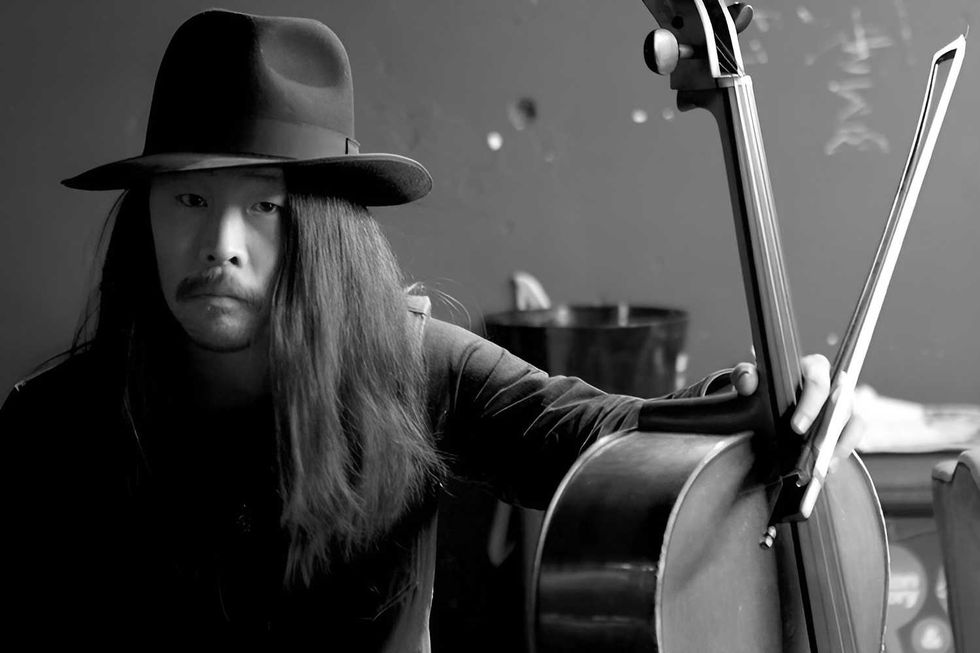Art gallery takes heat
Houston art gallery closes amid accusations from acclaimed artists
The future of a noted Houston art gallery remains bleak as artists line up with allegations of gross mismanagement, long-outstanding payments and missing artwork.
Owned by Thom Andriola, the New Gallery had been a fixture along Colquitt Street's Gallery Row for more than a decade before relocating to Midtown in early 2012. But after nearly two years at a supposedly temporary space on Milam, the gallery has closed its doors following an exhibit of "lost paintings" by noted Houston artist Dorothy Hood.
While Andriola did not respond to numerous requests for comment, Harris County court documents reveal a host of financial troubles for the gallery as disgruntled artists try to recuperate big-ticket artwork claimed to have been sold or misplaced.
"This has been devastating on so many levels," says painter Margaret Munz-Losch, who filed a civil suit against the New Gallery for three unaccounted-for pieces valued at $15,000 each. "Those paintings took many, many months of work and now it's like they never happened."
"This has been devastating on so many levels," says painter Marga ret Munz-Losch.
Munz-Losch, who lives and works in Tennessee, tells CultureMap there were red flags immediately after she joined the gallery in 2008 — late and partial payments, paintings sold below agreed prices and inconsistent record-keeping.
"I kept telling myself I was overreacting," she explains. "But when I heard Thom was moving the gallery to a new location, I started to panic. He had virtually every painting I made in recent years and a few of those pieces were supposed to be in a museum show in Memphis."
Despite repeated requests, Andriola failed to send current photographs of her work, she said. Finally, thanks to family members who drove with a trailer to Houston, Munz-Lotsch eventually recovered 15 of 18 paintings at the gallery. She says the gallery owner had only a vague recollection of who may have purchased the three missing works.
In April 2013, a Harris County judge ordered Andriola to reimburse both Munz-Losch and fellow New Gallery artist Mary Souza (no relation to Houston artist Al Souza), who is owed $25,000 for a pair of similarly misplaced paintings.
Lawyers for the two artists are still attempting to secure payments from the gallery owner. Those close to the case believe a grand jury criminal investigation is underway. Due to the secrecy of the process, however, the district attorney's office could not confirm or deny the investigation for CultureMap.
A legend scorned
While Munz-Losch and Souza are owed tens of thousands of dollars, each artist feels her situation pales in comparison to that of Ronald Davis — an acclaimed California artist whose work can be found in the collections of the Museum of Modern Art in New York and the Tate Gallery in London. Davis was also featured in last year's high-profile Pacific Standard Time show organized by the Getty Center.
Via phone from his home near Taos, N.M., 78-year-old Davis tells CultureMap he lost 29 pieces during his five years with the New Gallery, including several from his first burst of notoriety during the late 1960s. He estimates the retail value of the missing work at more than $600,000.
"Art is a spiritual quest and I don't want to think about the money or business . . . But artists have to be very careful."
"Thom was going through a tough divorce and I was sympathetic for a long time," he says. "But after a while I caught him dead out lying. There were so many partial payments and so many 'check is in the mail' kind of excuses . . . I finally had enough."
Unable to get photos of his work from Andriola after numerous requests, Davis dissolved their working relationship in 2011.
Though an important figure in 20th-century American art, Davis says he has struggled financially in recent decades and has been unable to afford legal representation to secure payment from the gallery.
"Art is a spiritual quest and I don't want to think about the money or business . . . But artists have to be very careful. Even when I worked with a big New York gallery owner like Leo Castelli, in the '60s, everything was done with a simple handshake. Ultimately, you have very little legal protection."
